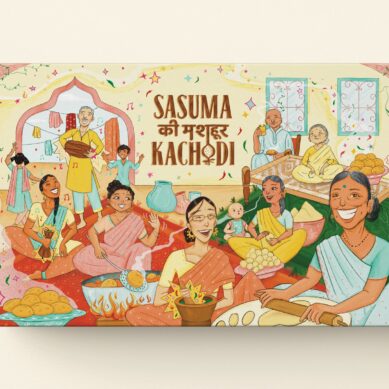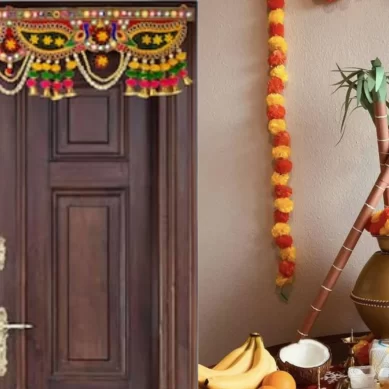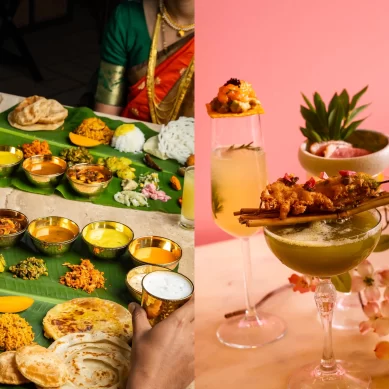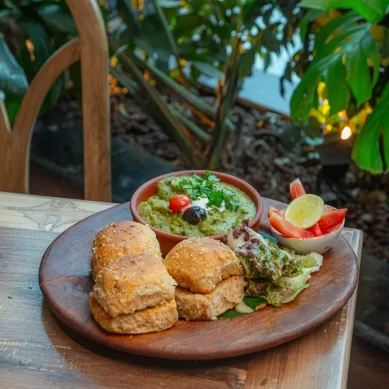
Makar Sankranti, a colourful festival in India, is celebrated on January 14th or 15th, symbolising the end of winter and the start of a new year. It’s a time for offering thanks, making new starts, and having joyful reunions.
But, aside from the festivities, Makar Sankranti has a few interesting facts to share. Let’s take a look at 5 of them:
- A Solar Spectacle
A celestial phenomenon is at the centre of Makar Sankranti. It corresponds with the sun’s entry into Makar (Capricorn) rashi, signalling the conclusion of the sun’s southbound voyage and the start of its northward trek. This shift heralds the progressive lengthening of days and the arrival of spring, which brings warmth and hope.

- A Rich Tapestry of Traditions
Though the soul of Makar Sankranti remains one, its expressions echo the rich tapestry of India, weaving a symphony of tradition, faith, and joyous abandon. From the sun-kissed coastlines of Tamil Nadu to the vibrant streets of Punjab.
Including Makara Sankranti in Kerala, Magh Bihu in Assam, Maghi Saaji in Himachal Pradesh, Maghi Sangrand in Punjab, Maghi Sangrand or Uttarayanain Jammu, Sakrat in Haryana, Sakraat in Rajasthan, Sukarat in central India, Pongal in Tamil Nadu, Uttarayana in Gujarat and Uttar Pradesh, Ghughuti in Uttarakhand, Dahi Chura in Bihar, Mak Surya (Hindu solar deity) is worshiped along with Vishnu and goddess Lakshmi on Makar Sankranti throughout India.

The Atlantic, HungryForever, Flickr, helankavacations, Bunts Network, Dipti suryawanshhi
- A Sweet Symbology
The stars of the Makar Sankranti culinary presentation are sesame seeds and jaggery (gur). Sweet sweets such as tilkut, revdi, and chikki are plentiful, representing auspiciousness and the hope for a good year. The phrase “Til gul ghya, god god bola” (“Take sesame and jaggery, speak sweet words”) is exchanged to represent forgiveness and the burying of old grudges.

justhomemade
- A Tribute to Agriculture
Makar Sankranti falls during harvest season, and thankfulness for the abundance of the land is an important aspect of the celebrations. Farmers pray to Surya, the solar deity who nurtures crops and supports life. Cattle are ornamented and revered in some areas, recognising their importance in agriculture.

- A Celebration of New Beginnings
Makar Sankranti marks the beginning of the auspicious Uttarayana season, which is thought to bring good luck and fortune. People wear new clothes, clean their homes, and start new businesses in the hopes of ushering in a new and fruitful year.

AstroVed



































